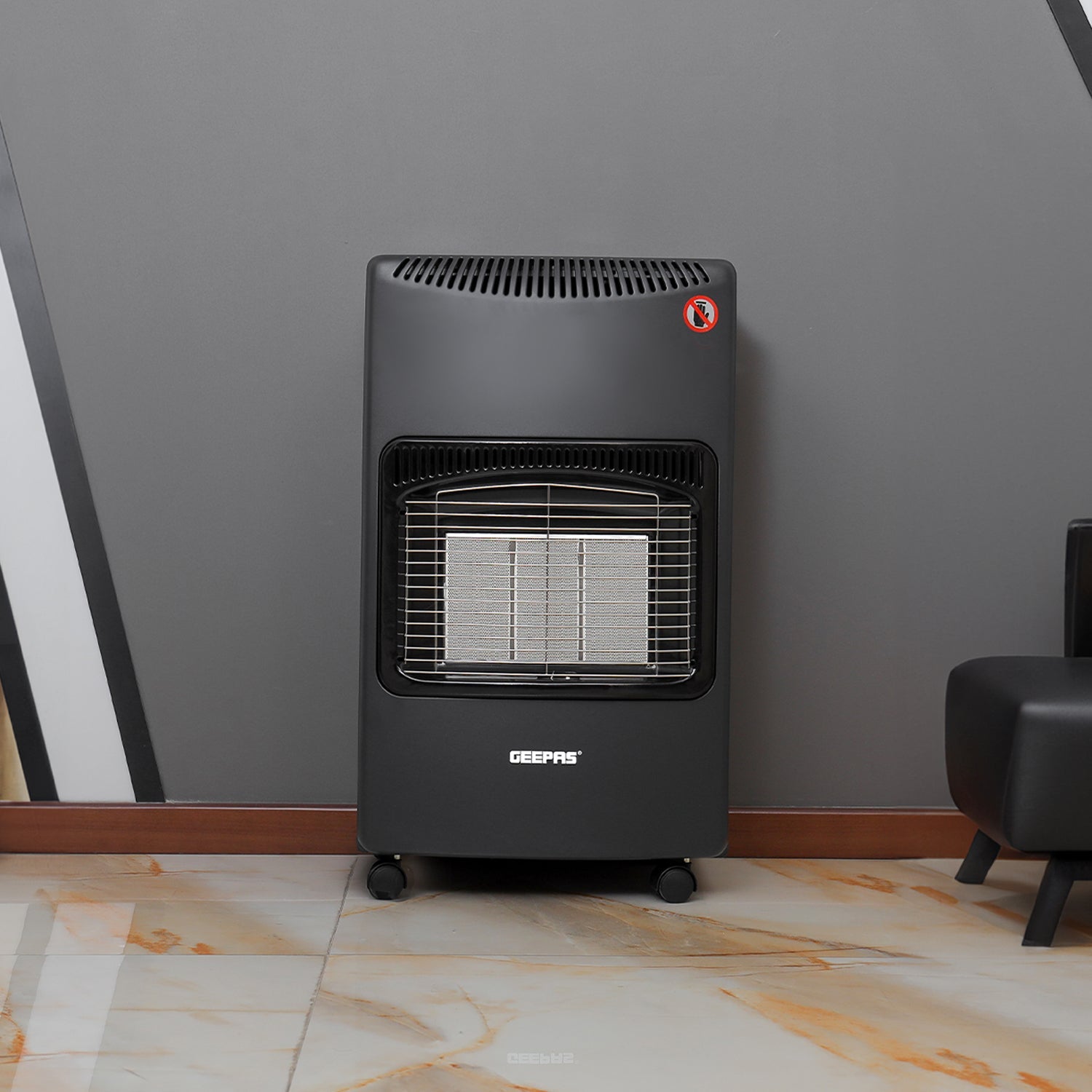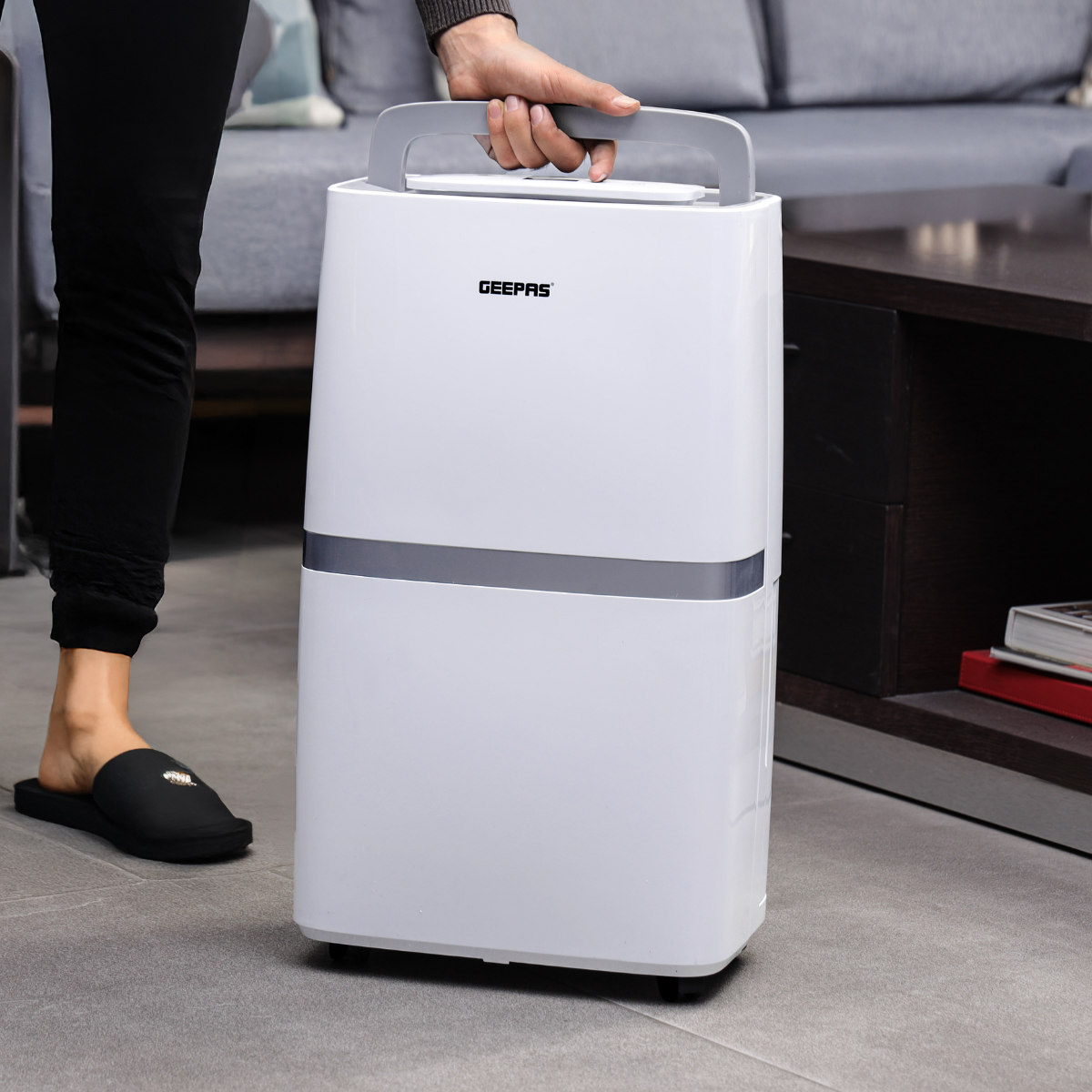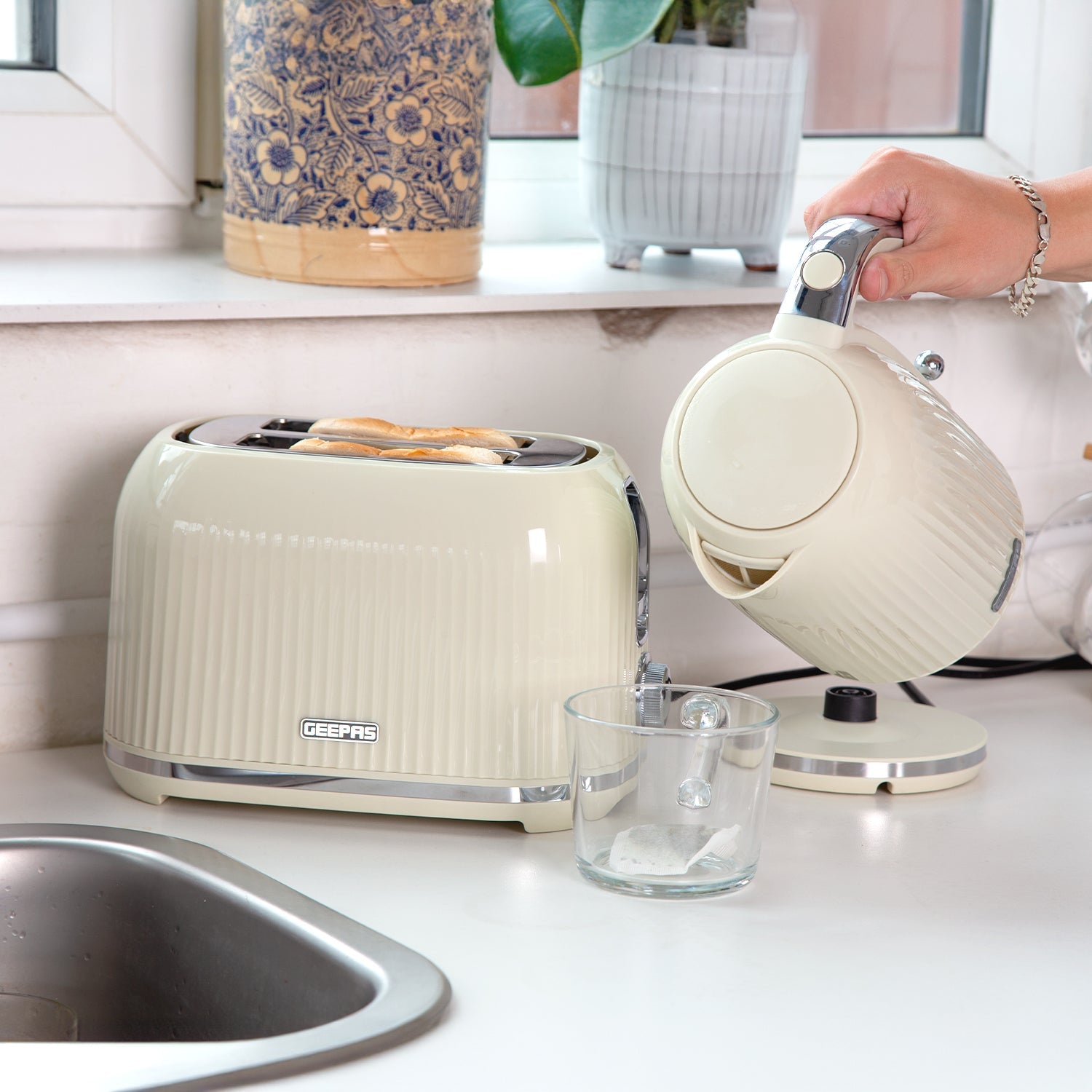Gas heaters are a popular and efficient way to keep your home warm during the colder months. Whether you're looking for a portable option for your living room or a powerful unit to heat your entire home, this guide will walk you through everything you need to know about gas heaters. From safety tips to maintenance advice, we've got you covered.
What Is A Gas Heater?
A gas heater is a heating appliance that uses natural gas or propane to generate warmth. These heaters are known for their efficiency, quick heating capabilities, and ability to provide consistent heat even in large spaces. They come in various types, including portable units, wall-mounted heaters, and central heating systems.
Types Of Gas Heaters?
- Portable Gas Heaters: Ideal for small to medium-sized spaces. Easy to move from room to room. Often used as supplemental heating.
- Wall-Mounted Gas Heaters: Fixed to the wall, saving floor space. Great for heating specific areas like living rooms or bedrooms. Often include built-in fans for better heat distribution.
- Vented Gas Heaters: Designed to vent exhaust gases outside, making them safer for indoor use. Suitable for larger spaces and whole-home heating.
- Vent-Free Gas Heaters: Do not require external venting, making them easy to install. Best for well-ventilated areas due to indoor emissions.
- Gas Fireplace Heaters: Combine the ambiance of a fireplace with the efficiency of gas heating. Perfect for creating a cosy atmosphere in living rooms.
Key Features To Look For In A Gas Heater
- Heating capacity: Measured in BTUs (British Thermal Units). Choose a heater with the right BTU output for your space (eg. 10,000-30,000 BTUs for small to medium rooms).
- Safety Features: Look for tip-over shut-off, overheat protection, and oxygen depletion sensors (ODS) for safe operation.
- Energy Efficiency: Higher efficiency means lower fuel consumption and cost savings. Check for Energy Star ratings or high AFUE (Annual Fuel Utilization Efficiency) percentages.
- Ignition System: Pilot light - traditional but less energy efficient. Electronic Ignition - more efficient and reliable.
- Portability: If you need a heater for multiple rooms, choose a portable model with wheels and handles.
- Thermostat Control: Allows you to set and maintain your desired temperature for consistent comfort.
Most Frequently Asked Questions About Gas Heaters
1. Are Gas Heaters Safe To Use Indoors?
Yes, most modern gas heaters are designed with safety features like tip-over shut-off and oxygen depletion sensors. However, proper ventilation is crucial, especially for vent-free models.
2. What's The Difference Between Propane and Natural Gas Heaters?
- Natural Gas: Requires a connection to a gas line, more cost-effective for long-term use.
- Propane: Uses portable tanks; ideal for areas without natural gas lines.
3. How Do I Choose The Right Size Heater For My Space?
Calculate the square footage of the area you want to heat and match it to the heater's BTU rating. For example, a 10,000 BTU heater can warm a 300-400 sq. ft. room.
4. Can Gas Heaters Save Me Money On Heating Bills?
Yes, gas heaters are generally more cost-effective than electric heaters because natural gas and propane are often cheaper than electricity.
5. How Do I Maintain My Gas Heater?
- Clean the burner and vents regularly to prevent blockages.
- Check for gas leaks and ensure proper ventilation.
- Schedule annual professional inspections for optimal performance.
6. Do Gas Heaters Produce Carbon Monoxide?
Yes, gas heaters can produce carbon monoxide, which is why proper ventilation and carbon monoxide detectors are essential.
7. Can I Use A Gas Heater In A Bedroom?
Yes, but ensure the heater is designed for indoor use and has safety features like an oxygen depletion sensor (ODS). Always follow the manufacturer's guidelines.
8. How Long Do Gas Heaters Last?
Depending on the quality, and maintenance of the gas heater they usually last 3-5 years or more.
9. Are Gas Heaters Environmentally Friendly?
While they burn fossil fuels, modern gas heaters are more efficient and produce fewer emissions than older models. Look for Energy Star-certified units for better eco-friendliness.
10. Can I Install A Gas Heater Myself?
For safety reasons, it's recommended to have a professional install your gas heater, especially if it requires venting or a gas line connection.
Benefits Of Gas Heaters
- Efficient Heating: Gas heaters provide instant warmth and are more energy-efficient than electric heaters.
- Cost-Effective: Natural gas and propane are often cheaper than electricity, saving you money on heating bills.
- Versatility: Available in portable, wall-mounted, and central heating options to suit any space.
- Reliability: Works even during power outages, making it a dependable heating solution.
How To Choose The Right Gas Heater
- Assess Your Needs: Determine the size of the space you want to heat and whether you need a portable or fixed unit.
- Check Safety Features: Look for tip-over shut-off, overheat protection, and oxygen depletion sensors.
- Compare Fuel Types: Decide between natural gas and propane based on availability and cost.
- Read Reviews: Check customer reviews and ratings to find a reliable model.
Maintenance Tips For Gas Heaters
- Clean Regularly: Remove dust and debris from the burner and vents to ensure efficient operation.
- Inspect For Leaks: Use a soapy water solution to check for gas leaks around connections.
- Replace Filters: If your heater has a filter, replace it as recommended by the manufacturer.
- Schedule Professional Inspections: Have a technician inspect your heater annually to ensure safety and performance.




1 comment
Karen taylor
Hi just bought this what gas bottle please I have 1 on bbq patio gas will that work
Hi just bought this what gas bottle please I have 1 on bbq patio gas will that work